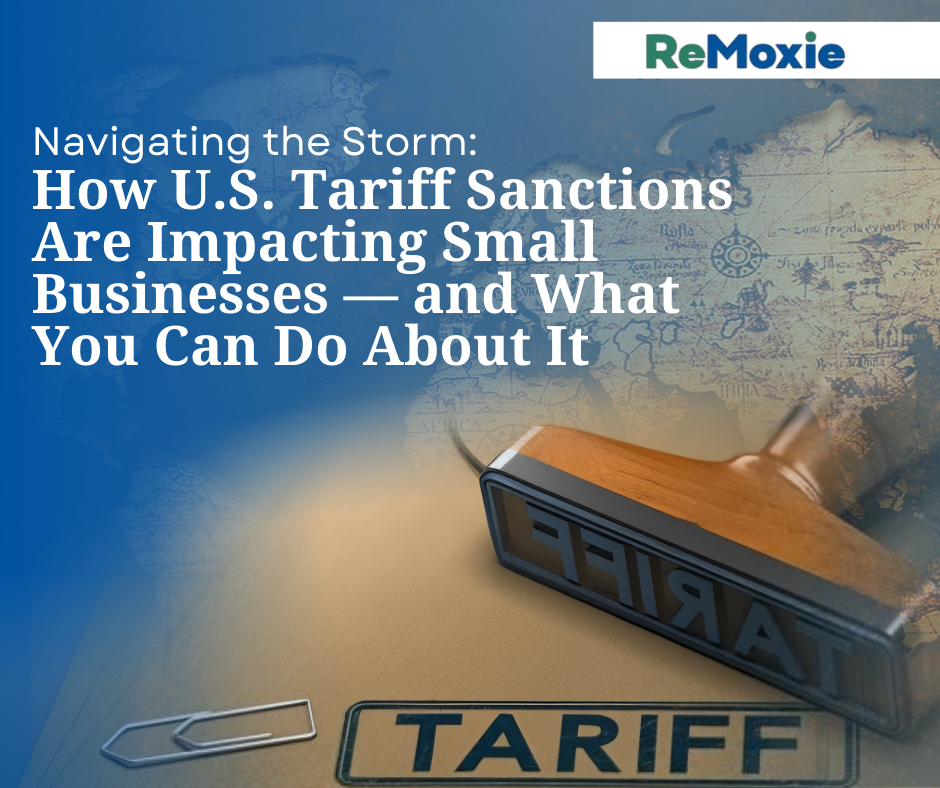Travel Planning Made Easy: Why You Need a Virtual Assistant

Travel Planning Made Easy: Why You Need a Virtual Assistant
A Mini Case Study with Real Numbers
Picture this: two founders with nearly identical businesses. Both have regular travel needs — conferences, client meetings, and investor pitches. Founder A hires a virtual assistant to handle travel logistics. Founder B does not. The difference is striking. Founder A saves six hours per trip by delegating research, bookings, and itinerary management. He arrives refreshed, prepared, and with extra time for strategy. Founder B, on the other hand, spends those hours scrolling endless flight options, battling last-minute changes, and showing up frazzled. The outcome? Founder A closes more deals while Founder B loses precious energy and credibility.
This isn’t just a cute anecdote. Research consistently shows that delegation and productivity tools free up cognitive bandwidth, allowing leaders to focus on the higher-value tasks that actually move the needle (Hassan et al., 2020). Delegating repetitive work like travel planning has been linked to increased performance, reduced stress, and healthier long-term outcomes for business owners (Harvard Business Review, 2016).
Why Travel Planning is the Perfect Task to Delegate
Travel planning is one of those deceptively time-consuming tasks. It requires meticulous attention to detail — from checking passport and visa requirements, to finding reasonable flight times, to juggling ground transportation and hotel preferences. Yet, none of these tasks need your CEO-level expertise. A virtual assistant can handle all of this while ensuring you’re always on time, organized, and cost-efficient.
VAs don’t just book flights. They can build detailed itineraries, keep track of expense reports, coordinate across time zones, manage cancellations, and even monitor fare drops to save money. By passing this off, you conserve decision-making energy — what psychologists call “decision fatigue” (Baumeister et al., 2007) — for the areas where it matters most: leading your team and growing your business.
The Numbers Don’t Lie
The virtual assistant industry is booming. In fact, the market grew from $4.97 billion in 2023 to $6.37 billion in 2024 and is projected to keep rising (MarketWatch, 2024). This growth reflects a clear trend: more and more businesses are outsourcing essential but repetitive tasks like travel planning.
Why? Because the return on investment is undeniable. Let’s run a quick calculation. If you value your time at $150 per hour and spend an average of eight hours planning each business trip, that’s $1,200 worth of strategic energy poured into logistics. By hiring a VA at $20–$40 per hour, you not only cut that cost down significantly but also reinvest your time into revenue-generating activities. Even accounting for the VA’s fee, the business still comes out ahead — financially and mentally.
Delegation and Mental Health
Beyond productivity, hiring a virtual assistant for travel planning directly impacts your mental well-being. Studies on workplace delegation and digital productivity tools highlight that leaders who delegate reduce their cognitive load, lowering stress levels and risk of burnout (American Psychological Association, 2019). Travel planning — with its constant coordination, deadlines, and potential for last-minute chaos — is one of the biggest culprits of stress for business leaders.
By offloading this responsibility, you reduce those repeated stress spikes. That translates into better sleep, improved mood, and sharper focus. In short, a VA doesn’t just save you time — they protect your mental health, which is just as valuable as your bottom line.
What Travel Planning with a VA Looks Like
The workflow is simple. You start with a quick 30–60 minute onboarding where your VA learns your preferences, budgets, and company policies. From there, they handle the heavy lifting — researching options, preparing itineraries, confirming bookings, and ensuring your trip runs smoothly. While you’re traveling, your VA is on call for emergencies like last-minute flight cancellations. When you return, they’ve already prepared your expense reports and captured notes for next time.
What was once a stressful scramble becomes a repeatable, stress-free process you can rely on.
The Common Objections (and Why They Don’t Hold Up)
One of the most common objections is, “I can do it faster myself.” Maybe you can — once. But can you do it consistently while scaling your business? Delegation isn’t about speed; it’s about leverage (Forbes, 2022). Another worry is cost. But as we saw earlier, the ROI calculation quickly proves the opposite. Lastly, some leaders worry about data security. That’s a solvable problem — NDAs, secure password managers, and clear workflows protect sensitive information.
The Travel VA Advantage
Business leaders who embrace delegation consistently report higher productivity and lower stress. In one case, a founder said that after delegating travel planning to a VA, he was finally able to rehearse for a big presentation — and he ended up closing two deals that week. That story mirrors the research: when leaders delegate, they don’t just buy time, they buy better results.
“Delegation multiplies your best hours — treat it like an investment, not an expense.”
So, the real question is this: what’s one travel-related task you’d happily never do again — and are you ready to let a virtual assistant take it off your plate?
References
American Psychological Association. (2019). Stress in America: Stress and current events. https://www.apa.org/news/press/releases/stress
Baumeister, R. F., et al. (2007). Ego depletion and decision fatigue: Implications for self-control and choices. Journal of Personality and Social Psychology.
Forbes. (2022). The ROI of Delegation: Why Leaders Need to Let Go to Scale. https://www.forbes.com/sites/forbescoachescouncil/
Harvard Business Review. (2016). Why Aren’t You Delegating?. https://hbr.org/2016/07/why-arent-you-delegating
Hassan, S., et al. (2020). Delegation and Employee Empowerment in Organizations: A Case Study Approach. Journal of Business Research.
MarketWatch. (2024). Virtual Assistant Market Size Report 2024–2030. https://www.marketwatch.com
ReMoxie Blog










